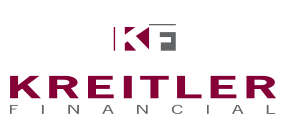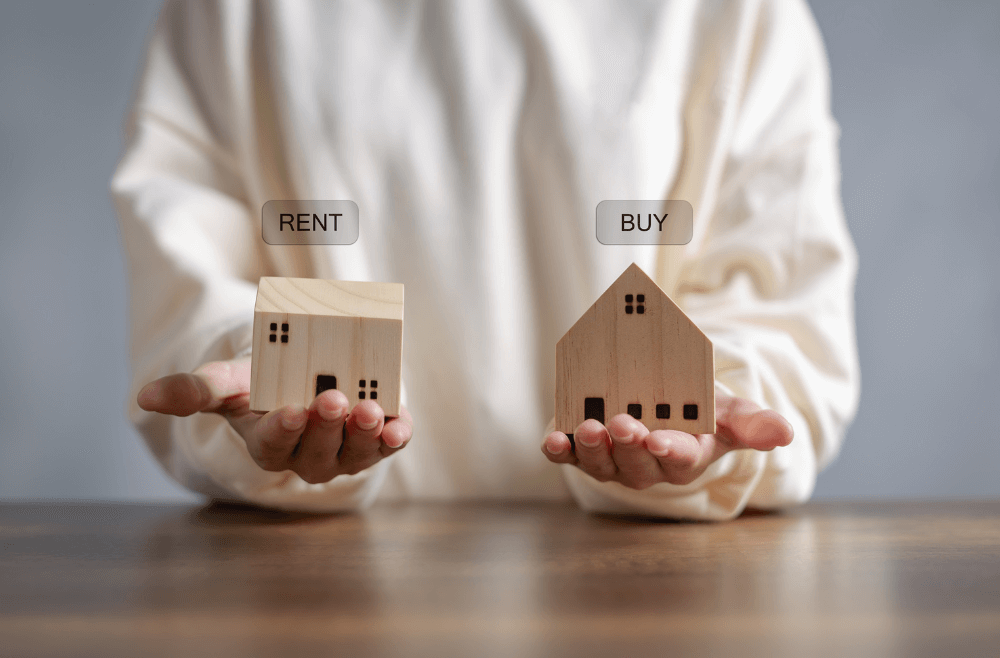Thinking of getting a new car soon? There are two common ways to go about it: buying or leasing. Each option has its own set of pros and cons, and which one is right for you will depend on your individual situation.
In this blog post, we’ll explore the differences between buying vs leasing a car, as well as the financial considerations that come into play when making this decision. We’ll provide an overview of both options so you can make an informed choice that fits your budget and lifestyle.
The Differences Between Buying vs. Lease
When it comes to getting a new car, understanding the difference between buying and leasing is key. Buying a car means owning it outright and building equity with monthly payments if you are financing, while leasing usually has a lower up-front cost and lower monthly payments. With buying, you have complete control over mileage and a firm idea of costs. You can also customize to a greater extent than when you lease. Experts generally say that buying a car is the better financial decision for the long term since you own an asset, albeit one that generally declines in value. Therefore, if you are looking for more security in your purchase, then buying would be the best option for you.
On the other hand, leasing a car is often seen as the less expensive option, especially for luxury cars. With leasing, you never stop paying for the vehicle since you rent an asset for a specific time period, often 2-3 years.
The Financial Implications
Buy
When it comes to buying or leasing a car, there are financial implications that should be taken into consideration. When purchasing a car, the purchase price is the most obvious expense but there could also be interest rates if financing and other fees associated with the purchase.
Lease
On the other hand, when leasing a car you are essentially paying for depreciation of the car plus rent charge/interest. The depreciation amount is pre-agreed and may have additional fees at both the beginning and end of the lease term. You have the option to buy the car at the pre-agreed residual value at lease-end, even if the current market value of the car is higher, or you can also turn in the car at the end of the lease and move on to something else. Additionally, mileage allowance must be accounted for as well as any extra fees if you go over your agreed-upon mileage limit. It’s important to understand all these factors before making a decision that will affect your finances in either way. Ultimately, both options offer different advantages depending on individual needs and circumstances so it’s best to do research and compare costs before committing to one option or another.
When it comes to leasing a car, there are also several items you may be able to negotiate. The sale price (also known as gross capitalized cost) and buyout price (residual value) can often be negotiated, although some companies have these pre-set. Additionally, the disposition fee and money factor (interest rate on a lease) are also negotiable. You can calculate the more familiar interest rate by multiplying the money factor by 2,400. Some companies even allow you to put down refundable security deposits (MSDs) in order to reduce your money factor. As such, it is important to research and compare all of your leasing options in order to get the best deal possible.
How to decide Which Option is Best for you
How long do you wish to keep the vehicle? Do you value having the latest technology/safety features?
When deciding between buying or leasing a car, it is important to consider the length of time you plan on keeping the vehicle. If you are looking for short-term usage, then leasing may be a better option as it will allow you to upgrade your vehicle more frequently with the latest technology and safety features. On the other hand, if you want to keep your car for longer periods of time then buying could be more cost-effective since there will be no additional lease payments after ownership has been established.
How many miles do you put on a vehicle in a year?
Another factor to consider when looking at buying versus leasing is the number of miles you plan on driving per year. Generally, leases come with an annual mileage limit and if you go over this limit then you may be subject to additional charges. This makes leasing an unfavorable option for those who drive more than 15,000 miles in a year.
If not buying and paying cash, what are the differences in interest rates for buying vs. leasing
Lastly, the difference in interest rates between buying versus leasing should be taken into account. Generally, a lease will come with a lower monthly payment than if you were to buy and pay cash but it may also come with a higher interest rate. It is important to compare the different loan/lease offers from dealerships in order to get the best deal. Once again though, negotiating the price first before deciding to own or lease is the key to getting the most out of your car purchase.
Whether you choose to buy or lease, doing your due diligence can help to ensure that you get the best deal possible. Taking advantage of free online resources such as comparison tools and reviews from local owners can be invaluable in making an educated decision on which option is right for you.
For more financial planning advice, you may visit our website and read our blogs at Kreitler Financial. Learn more about our services and contact us today!

